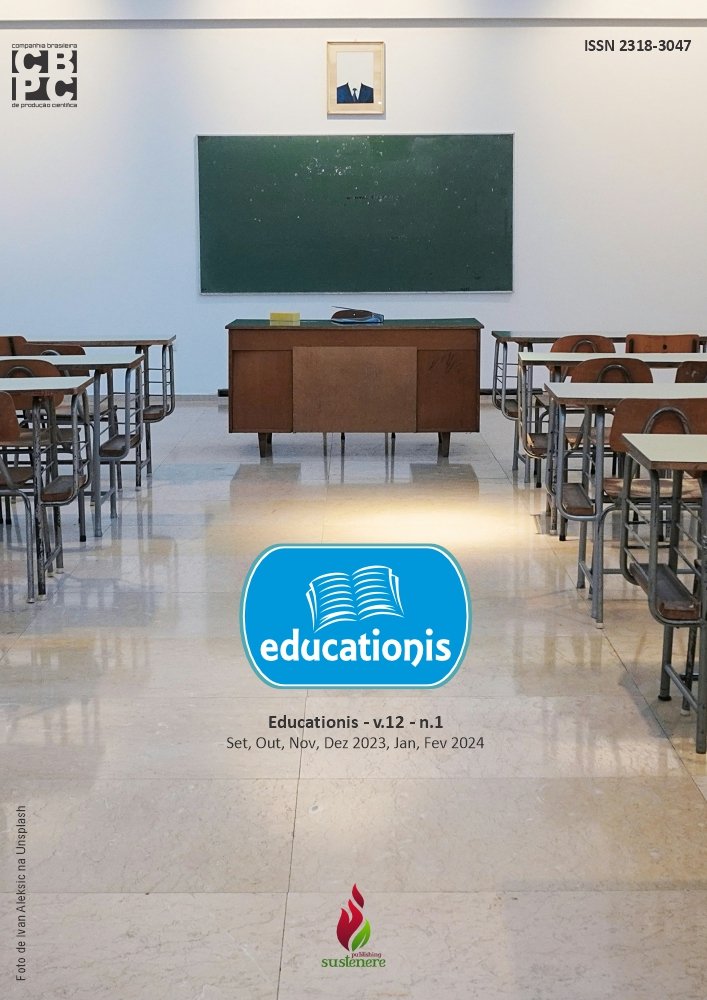Play: the benefits of using play in early childhood education with children aged 3 to 4 years
DOI:
https://doi.org/10.6008/CBPC2674-6646.2020.001.0002Keywords:
Play, Teaching-Learning, Child educationAbstract
The act of playing is a fundamental function for development in the first years of life. In this aspect, this study demonstrates the importance of playing in the teaching-learning of children from 3 to 4 years of age, since playing allows a healthy growth for the child so that he can develop all his skills becoming a well-grown adult resolved and balanced psychologically, reflecting in its physical and emotional aspects. The act of playing still allows the child to understand and absorb the true sense of sharing, preventing him from becoming a selfish and possessive adult, whether materially or sentimentally. Playing influences self-esteem, also contributing to the formation of your personality; because every game has a meaning in it that reaches and conveys its objectives. In this way, this work becomes relevant since it is based on the thesis that playing in early childhood education contributes to the child's development. We searched for a bibliographic survey, concerning the question of playing with the subsidy of several sources, with consultations of respectable and updated works.
Downloads
Published
Issue
Section
License
The CBPC - Companhia Brasileira de Produção Científica (Brazil CNPJ: 11.221.422/0001-03) the material rights of the published works. The rights relate to the publication of the work anywhere in the world, including rights to renewals, expansions and dissemination of the contribution, as well as other subsidiary rights. All electronically published works may subsequently be published in printed collections under the coordination of this company and / or its partners. The authors preserve the copyright, but are not allowed to publish the contribution in another medium, printed or digital, in Portuguese or in translation. Exceptionally, the authors of the special section “Registration of Artistic Works (photographs, music, poetry, poems, sonnets, etc.)” in “Arts / Music” journals preserve copyright and materials.









